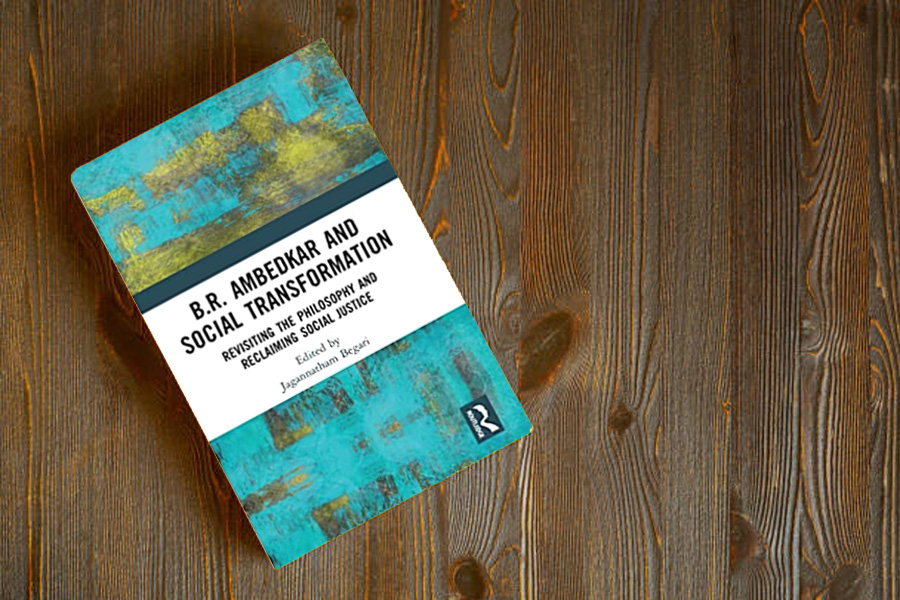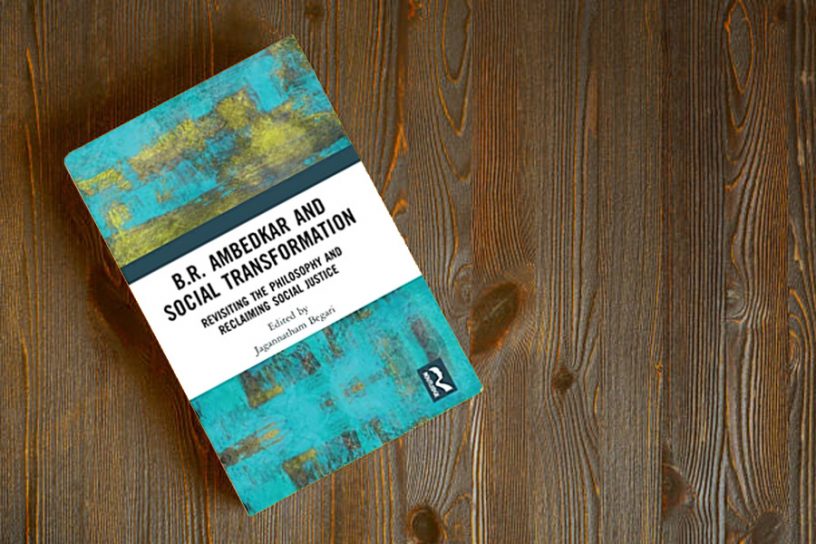
In this book chapter, the author focuses on Ambedkar’s idea of liberty and equality, and also explores Ambedkar’s interpretation of Dewey and Buddha for a theory of fraternity.
Author
Jadumani Mahanand, Assistant Professor, Jindal Global Law School, O.P. Jindal Global University, Sonipat, Haryana, India.
Summary
The relationship between liberty and equality is an unending debate in modern political philosophy. The reference goes back to French, American and Russian Revolutions which raised the slogans of liberty, equality, fraternity, property, and the pursuit of happiness.
Interestingly, B. R. Ambedkar as a political theorist and activist influenced from all these revolutions and commented in a limited way in the mid of 20th century in India. For Ambedkar, liberty, equality and fraternity is not rhetorical slogan in fighting against caste, but in a substantive way, these ideals constitute as ethical-political normative for a public good of a good society.
In this chapter, first I pitch Rousseau and Marx discussing on liberty and equality in contextualizing modern political philosophy and raise some questions.
Second section problematise the status of Indian political theory and focus on Ambedkar’s idea of liberty and equality. In the third section, I make an attempt to respond to the debate and explore Ambedkar’s interpretation of Dewey and Buddha for a theory of fraternity.
Published in: B.R. Ambedkar and Social Transformation: Revisiting the Philosophy and Reclaiming Social Justice, Pages 92 – 121, Routledge India.
To read the full chapter, please click here.


